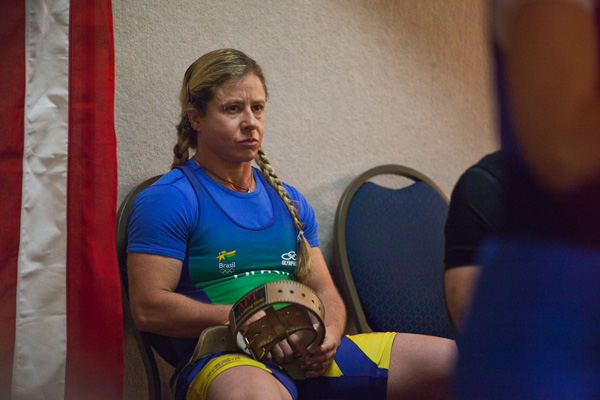“Have the courage to choose the future rather than the past.” — Dr. Salvatore Maddi
“You must unlearn what you have learned.”— Yoda
Introduction: Another Brick in the Wall
A while ago, I wrote a series of articles about motivation. My goal was to offer an evidence-based introduction to the concepts involved in motivation. The terms that expressed these concepts have been misinterpreted, misused, and abused. They have been presented with a judgmental, moralistic, and emotional tone in the fitness industry and in pop-psychology publishing outlets. This is harmful. I decided to finish the series with what I consider to be the remaining badly misused concepts. The previous one was discipline, and now, the worst of all: mental toughness.
Like grit and perseverance, mental toughness is used in that type of literature as a character trait. You are “tough” (good) as opposed to “weak” (bad). You are “determined” (good) as opposed to “hesitant” or “inconsistent” (bad). You are “hard” (good) as opposed to “soft” (bad). The list of problems that this generates is endless and includes many of the “tough” social problems we struggle with today as educators, coaches, parents, and concerned citizens in general.
So, let’s see examples of the harmful uses. This list is a perfect illustration: of the 17 items, only four are not wrong. It has all of the elements that I hope to show you have nothing to do with the scientific concepts involved in mental toughness or hardiness:
- “It’s all in your head”
- “You can always win”
- “There are winners and losers”
- “Losers are weak”
- “It’s all about being a hero/gladiator/Spartan/Viking/warrior” (bad historical literacy problems there, some of which are hilarious)
If you are into or are familiar with one of the strength sports or martial arts, you’ve certainly heard versions of these or even worse:
- “We are ________ (athletes in a certain sport). Only ____ (derogatory term of choice for weak people) are insulted by a tough response” (meaning: “being tough is being rude” or “being tough is being okay with rudeness and disrespect”)
- “Pain is weakness leaving your body” (and possibly the path to chronic injury)
- “Deload is for ________ (derogatory term of choice for weak people)”
- “Warming up is for ________ (derogatory term…)”
- “Snowflake” (you’ve all heard this one)
Defining Mental Toughness
In his review of mental toughness, Crust (2008) identified a historical landmark that turned a loosely employed term into a scientific concept. That would be the work of Jones and collaborators (2002, 2007).
Jones and collaborators (2007) defined mental toughness as:
Having the natural or developed psychological edge that enables you to, generally, cope better than your opponents with the many demands (competition, training, lifestyle) that sport places on a performer and, specifically, be more consistent and better than your opponents in remaining determined, focused, confident, and in control under pressure.
The authors listed 39 attributes for mental toughness, divided into four categories: attitude/mindset, training, competition, and post-competition. When you read them now, 10 years later, it is unavoidable to see them as a long list of overlapping and mutually determining concepts (motivation, determination, ability to push oneself, regulating performance, self-efficacy, goal-oriented action, to name a few).
Mental toughness has also been positively correlated with risk-taking behavior (Crust & Keegan 2010), psychological well-being (Stamp et al. 2015), optimism, and coping skills (Nicholls et al. 2008). That seems to draw a positive and healthy picture of successful athletes: the psychologically healthy, optimists, and controlled risk-takers.
But as early as 2008, some researchers were suggesting, more on the line of the “hardiness” studies, that not only was mental toughness only a developed trait but also it had to be maintained or it would be lost (Connaughton et al 2008). Worse: it would require a lot of work as well as sophisticated skill learning and social network support to keep it.
Continue reading, with lots of pictures and references, at my Elitefts column
The Role of Mental Toughness in Sport Performance
“Have the courage to choose the future rather than the past.” – Dr. Salvatore Maddi “You must unlearn what you have learned.” – Yoda A while ago, I wrote a series of articles about motivation. My goal was to offer an evidence-based introduction to the concepts involved in motivation.

